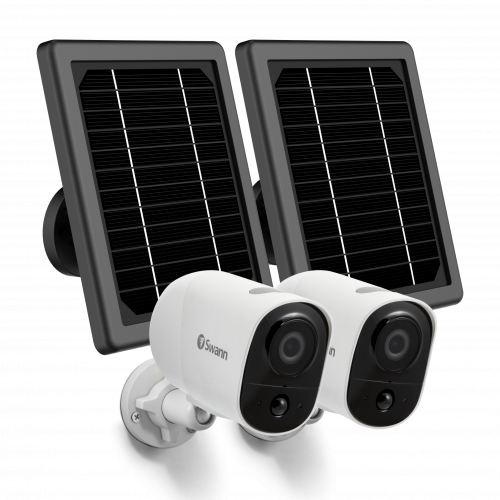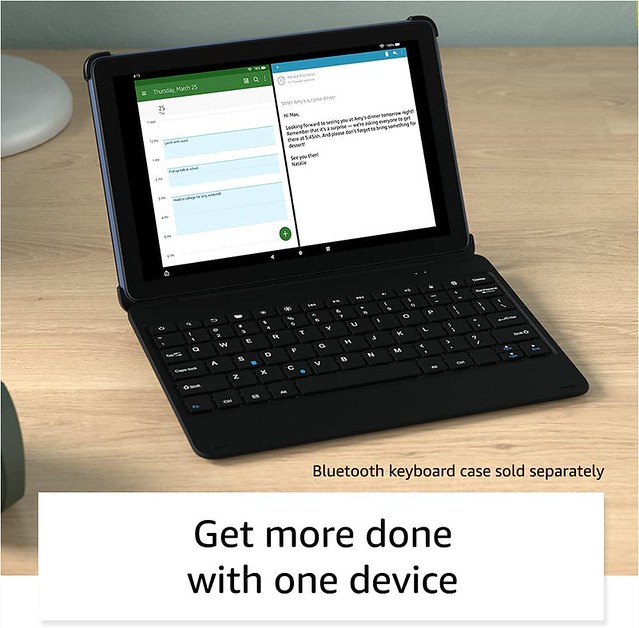
How to Choose a Solar Security Camera
Whether you’re looking to protect your home, business or construction site from theft and vandalism, solar security cameras are a great way to monitor remotely without the need for wires or batteries. Consider choosing a camera with features like two-way audio and a 105-decibel siren to scare off any unwanted intruders.
Battery Capacity
Solar security cameras come with batteries that store the energy generated from the sun and keep them running all day and night. They also have rechargeable cells, which means they don’t need to be replaced as frequently as traditional wireless security cameras. It all depends on region, though: If you live in a sunny area and keep your solar panels properly angled and clean, it could be several years before you need to replace the batteries.
The wattage of the solar panel paired with your camera is important because it indicates how much electric power the system will generate. A higher wattage will charge the battery faster, so it can operate for longer. It’s also important to consider the power consumption of your equipment, especially if you have features like IR night vision or pan/tilt.
The size of the battery is also important, as it determines how long your security camera will work. The best choice is a deep cycle, sealed lead acid battery. It’s inexpensive, durable, and works well for IP cameras. Lithium iron phosphate (LiFePo4) batteries are another option, but they’re more expensive solar security camera and don’t last as long. Regardless of which type of battery you choose, it’s a good idea to buy more than one to ensure that your camera always has backup power. Then, you won’t have to worry about missing any important events.
Resolution
A solar security camera comes in a variety of resolutions, with the most popular ones being 2MP (1080p) and 5MP (1920p). The higher the resolution, the better the images. Nevertheless, there are other factors that can also influence the image quality, such as the frame rate and the sensor size.
Solar power CCTV cameras come with a solar panel that converts sunlight into direct current electricity. They also have rechargeable batteries that can store additional electrical energy. This system eliminates the need for an external source of electricity, making it a convenient choice for remote places where running wiring is impossible or expensive.
For best results, install your solar security camera in a place that gets lots of sunlight throughout the day. This will ensure that it has enough battery power to operate at night. Moreover, make sure that the camera is high enough so that intruders cannot reach it and remove it.
With a powerful CMOS sensor and infrared night vision, this solar-powered security camera will keep your home protected at all times. It also has a two-way audio function that lets you communicate with visitors in real time. Besides, it uses motion detection and software pixel analysis to reduce false alarms. It also supports 8G Emmc local storage and provides sensitive alerts when detecting vehicles, people, or packages.
PIR Sensor
When looking for the best solar security cameras, look for one with a PIR motion sensor. This feature will automatically record and send the video to your smartphone when it detects movements on your property. It also prevents the camera from recording unimportant events and saves memory space. This feature is especially important if you live in an area with high levels of crime and vandalism.
Another factor to consider is whether or not your solar security camera has a night vision feature. This is a great way to deter intruders and make your home safe even at night. It can also come in handy if you have kids or pets and want to keep an eye on them when you’re away.
You should also look at the battery capacity of your solar security camera. Look for a model with a large battery pack to ensure that it can last all day and night without running out of power. A larger battery pack will also provide more storage capacity and allow you to capture more footage.
Solar powered security cameras are a great option for home, vacation homes, and construction sites. They are easy to set up, operate on a continuous power supply, and can be used with voice commands through Amazon Alexa. They are also a solar security camera good choice for remote sites that may not have access to traditional electrical power sources.
Wi-Fi
Solar security cameras are a great alternative to regular wireless home security cameras because they don’t require any wires. They have a built-in solar panel that converts sunlight into electricity to power the camera. They also have a wide range of features, including night vision capabilities and PIR motion detection. You can use these cameras to monitor your property, or you can set up an alarm system that will notify you when a breach is detected.
The location of your solar security camera can have a big impact on how well it works. The optimal location is on a wall facing the true south (in the northern hemisphere) or atop a structure where it has an unhindered view. If the area is in shade, it can reduce the amount of energy the camera generates. It’s important to choose a place that can provide at least 6 hours of direct sunlight daily.
A solar security camera with Wi-Fi will allow you to view live feeds on your smartphone or tablet anytime and anywhere. You can also play back recorded videos on your phone. Make sure your solar camera is paired with a strong WiFi signal for the best results. If you have a weak WiFi connection, you may experience poor video quality or signal interference. To resolve this, you can try using a Wi-Fi booster or extender.


